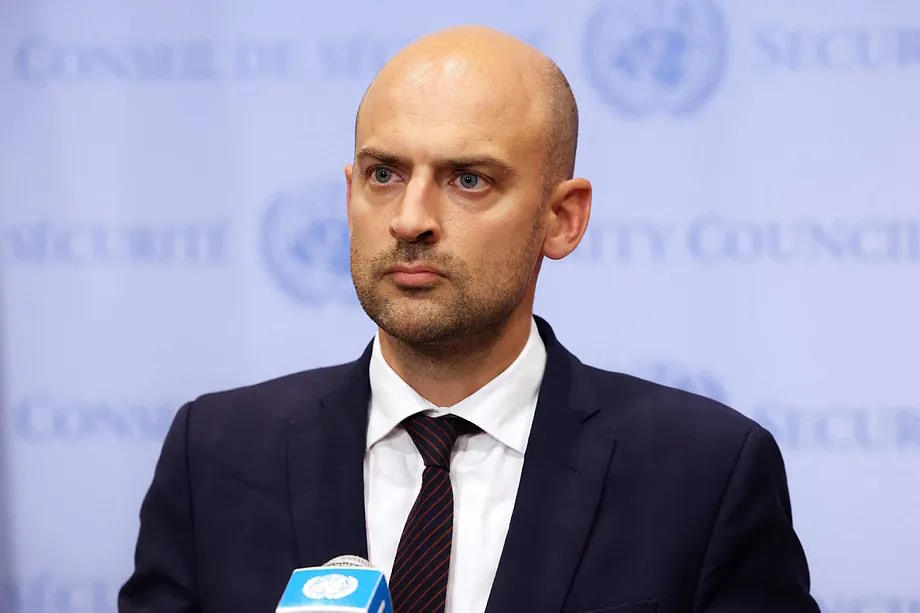Will the Prime Minister of Israel, Benjamin Netanyahu, attend the United Nations General Assembly or will he be replaced by his Minister of Foreign Affairs, Israel Katz? According to Israeli media, the chances are 50/50 for each option, indicating that the military situation in the Middle East is close to boiling point. If Netanyahu does not go to New York, it will be due to the situation of quasi-war between that country and Hezbollah, the Shiite group created and supported by Iran that maintains a state of war with the Jewish state.
The chances of an open war between Israel and Hezbollah are high, as acknowledged yesterday by the U.S. President, Joe Biden, in an interview with the flagship program of the television network 'ABC', 'The View'. "A widespread war is possible," Biden said, referring to a conflict that would pit Israel - supported, albeit reluctantly, by the United States - against Hezbollah, with its sponsors in Iran.
In an attempt to avoid that possibility, the former colonial power of Lebanon, France, and the United States are trying to get the parties to agree to a three-week ceasefire. This was stated yesterday by the French Foreign Minister, Jean Noël Barrot, in a speech at the United Nations Security Council, which is holding a meeting parallel to the General Assembly. According to Barrot, Washington and Paris are contacting the other parties involved with the aim of achieving a 21-day ceasefire. "War is not inevitable," said the French foreign minister, in a statement that itself indicates the seriousness of the situation.
The 'number two' of the U.S. representation at the UN, Robert Wood, was more ambiguous, stating only that "we are working with other countries to find a diplomatic solution" to the crisis.
The chances of a ceasefire seem slim. It is unlikely that Hezbollah will accept the UN Resolution that ended another war in 2006, which stipulated the withdrawal of its militants to the Litani River, located about 30 kilometers from the Lebanon-Israel border. Meanwhile, Israel has boycotted all U.S. attempts to achieve another ceasefire, this time in the war against Hamas in Gaza, to the point that Washington has deemed the achievement of that goal impossible.
